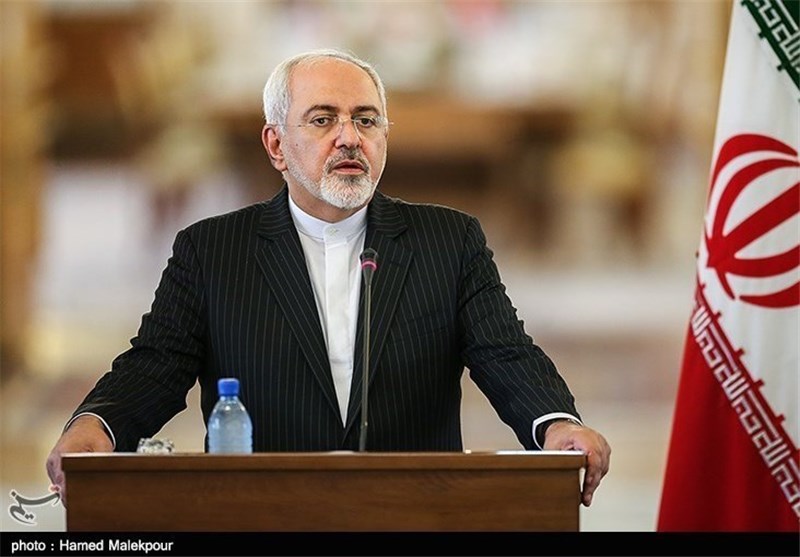Zarif made the comment in a statement marking the anniversary of the 1987 chemical attack by the former Iraqi regime on the town of Sardasht in the northwestern Iranian province of West Azerbaijan.
“The Islamic Republic of Iran, as the biggest victim of chemical weapons, once again underlines the need to condemn the use of weapons of mass destruction (WMDs), including chemical arms, in any place, by any person and under any circumstances, and categorically condemns the double-standard policies, the distinctions typically made by certain Western governments between their own citizens and others, the politicisation of the Organisation for the Prohibition of Chemical Weapons (OPCW), and certain countries’ cashing in on technical issues at the OPCW,” said Zarif in his statement.
The foreign minister also said the Israeli regime and the United States should be held accountable for hindering efforts to create a Middle East free from WMDs.
“The two aggressor and notorious regimes of the US and Israel, which oppose and impede the creation of a WMD-free zone in the Middle East, shoulder the global responsibility for the spectre of these anti-human weapons looming large over this sensitive region, and must be taken to task and be condemned by the international community,” said Zarif.
The top diplomat also called for the perpetrators of the gas attack on Sardasht to be brought to justice.
“Failure to punish those behind the brutal act of using chemical arms on a large scale and the blind global support for it has redoubled the sorrow and sufferings of the survivors of the Sardasht tragedy on the one hand, and paved the way, on the other hand, for a repeat of similar heinous crimes,” Zarif noted.
On June 28, 1987, warplanes of the former Iraqi regime dropped mustard gas bombs on Sardasht, West Azerbaijan, in two separate bombing runs on four residential areas. Several people lost their lives and hundreds were injured. Many of the victims are still suffering severe illnesses from the attacks.
The gas attacks occurred during the Iran–Iraq War, when Iraq frequently used chemical weapons against Iranian civilians and soldiers.
In April 2004, the US government was found by the Tehran Public Court to be liable for the attacks through its support for Saddam Hussein’s regime. The US government was ordered to pay $600 million in damages to the victims.
In a related development, Iraqi jet fighters launched a chemical attack on Halabja in Iraq’s Kurdistan region on March 16, 1988.
The attack was part of the Iraqi attempt to repel the Iranian Operation Zafar 7. The strike took place 48 hours after the fall of the town to the Iranian military A United Nations medical investigation concluded that mustard gas was used in the attack, along with unidentified nerve agents.
Thousands of people, most of them civilians, were killed or injured in the attack. Preliminary results from surveys of the affected region showed an increased rate of cancer incidence and birth defects in the years after the attack.
The incident, which has been officially defined by the Supreme Iraqi Criminal Tribunal as a genocidal massacre against the Kurdish people in Iraq, was the largest chemical weapons attack directed against a civilian-populated area in history.
